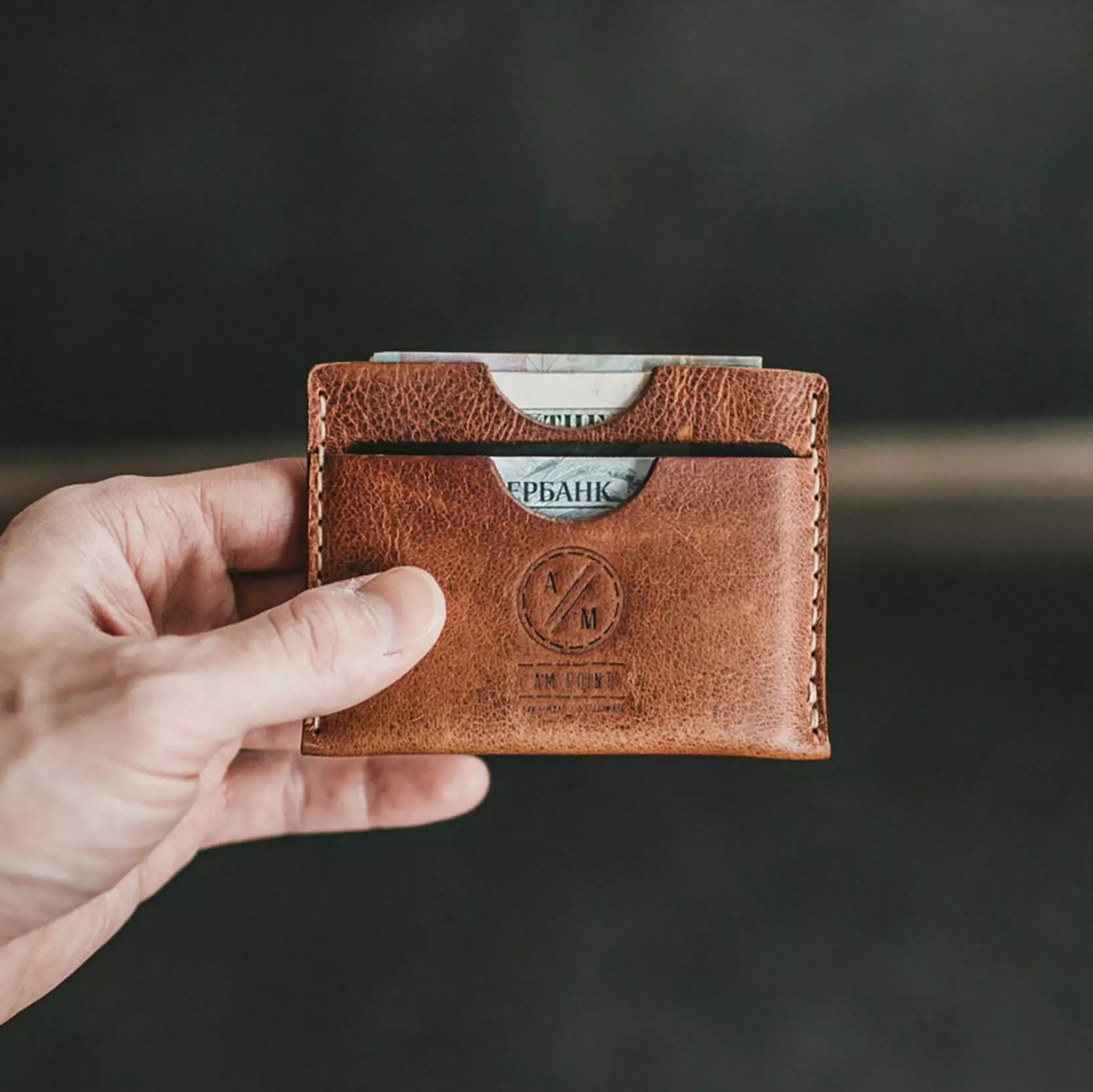
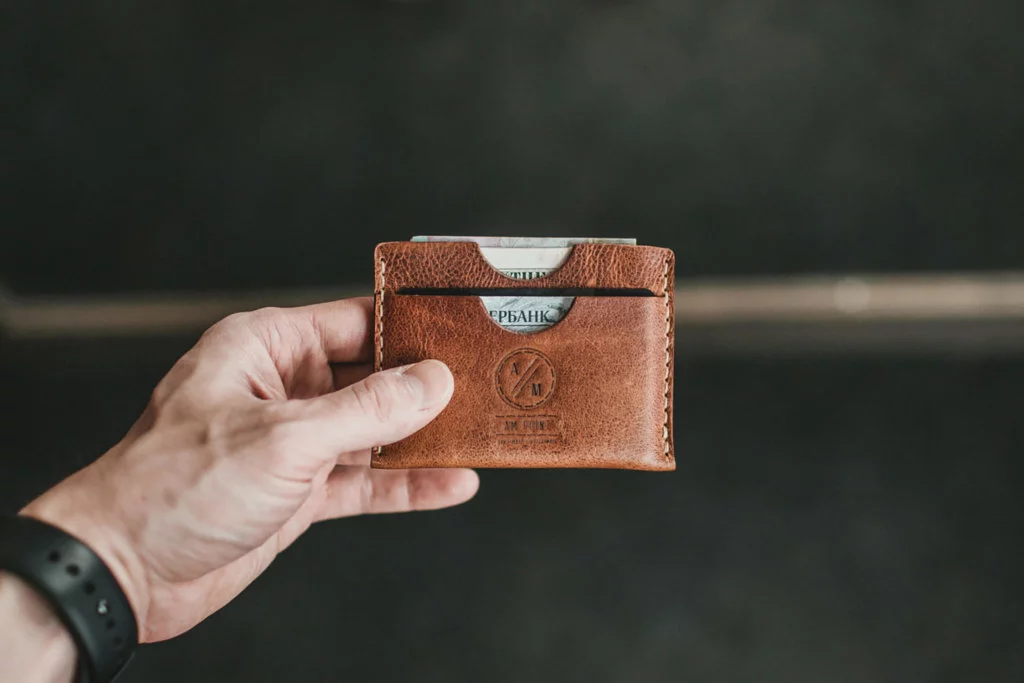
One of the first questions someone considering solar asks is: How much money do solar panels save?
While the question might seem one-dimensional, solar savings go far beyond reduced electricity bills.
Let’s dive deeper into how solar saves in three key areas:
- Electricity Bills
- Tax Credits
- The Environment
How Much Do Solar Panels Save on Electricity Bills?
Most of the initial attraction of going solar is to reduce the cost of monthly electric and utility bills. How much does solar save on these bills? It depends on how much photovoltaic (PV) energy your system currently produces. The more your system produces, the more you can save with solar panels.
Typically, a residential solar setup produces anywhere from 350-850 kilowatt hours (kWh) per month. The average home uses approximately 909 kWh of energy per month, so owning solar can save you upwards of 90% on your monthly electric bills.
At Blue Raven Solar, we are committed to helping our customers start saving immediately. We provide flexible financing options. We offer BluePower Plus+, which is where we will cover your first 18 months of solar loan payments.
How Much Do You Save Through Solar Tax Incentives?
By owning your own solar system, you qualify for tax deductions from federal, state, and local governments. The federal government gives solar owners a tax credit for 30% of the cost of installing a rooftop solar-electric generator, including the cost of any necessary remodeling or retrofitting work associated with the solar installation, from your federal income taxes. Thus, if you were to spend $10,000 dollars on your system, you would receive a $3,000 tax credit. As a bonus, many states allow households with solar systems to qualify for a deduction on their state income taxes as well.
All Blue Raven Solar customers who have a federal tax liability qualify for the U.S. federal solar tax credit. These tax deductions can be daunting and confusing to figure out, so to make it easier for our customers, we have a simple step-by-step guide to make receiving these savings easier.

How Much Will Your Solar Panels Save the Environment?
Another aspect to consider when you decide to go solar is the impact it can have on the environment.
Photovoltaic solar cells do several things for our environment. Many electric companies are coal-powered and put out carbon dioxide as a byproduct. Throughout its lifetime, the average residential solar system will offset the energy produced by burning over 80 tons of coal or 175 tons of carbon dioxide. Every system installed could be compared to removing two gas-burning vehicles driving over 150,000 miles each.
Other alternatives to power generation include hydropower or nuclear energy, which both require large amounts of water. Solar panels use zero water, so there is no chance of altering ecosystems the way expensive dams do, or potential pollution via radiation risks. Avoiding unnecessary water consumption, in some states, could also seriously help with water scarcity problems.
The more solar panels a location installs, the less coal power companies burn, which means the air is cleaner. The US Office of Energy Efficiency & Renewable Energy estimated the pollution reduction could be equivalent to saving over 25,000 lives from air pollution-related deaths.
The energy generated and the resources spared in going solar is equivalent to planting 4,000 trees. When you install solar panels, you’re not only saving on your bill, owning your power, and giving back to your power grid—you’re joining a larger whole in the effort to reduce pollution and preserve our ecosystem. You are making the difference.
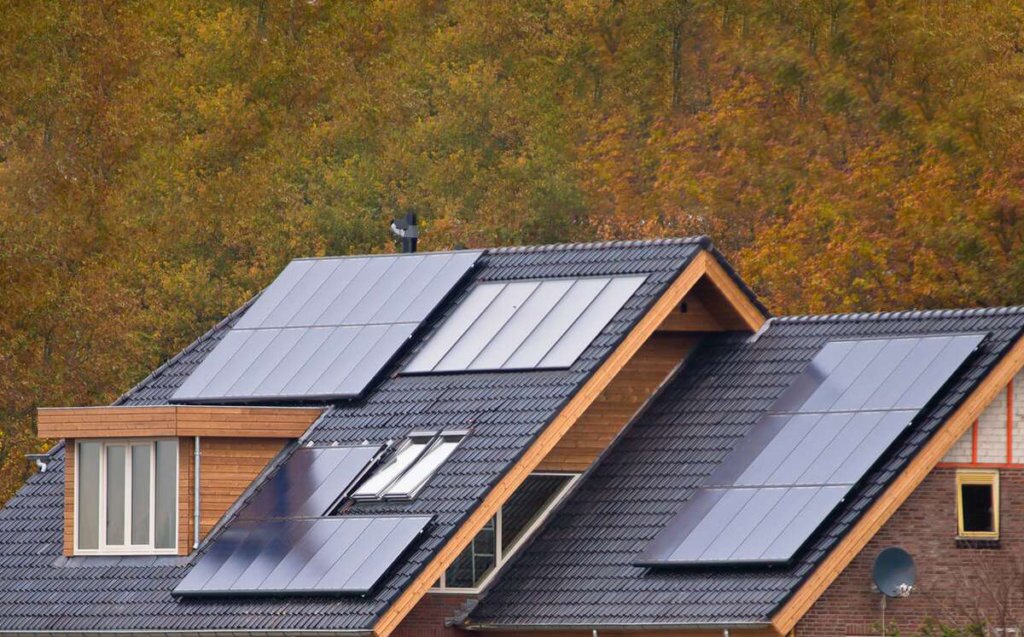
How Will You Experience Those Solar Savings?
Solar savings come from many angles, but most of them fall to one big question: who owns your power?
Right now, the power company owns your power. They can regulate and decide when the price goes up and how much power you get. A solar system installed in your house allows you to generate your own power.
How you install your solar system and who you get it installed can impact your future savings.
This gets into purchasing options, which on the surface might seem straightforward:
- Power Purchase Agreements (PPAs)
- Solar Leasing
- Solar Purchase
Each of these purchase options can impact your savings in big ways and often not great ways depending on which one you select.
Solar Purchase is the easiest to understand. You buy it, you own it. Solar Leasing is a lot like leasing a car where you essentially own it all, but instead of paying to own, you are paying to rent.
Power Purchase Agreements are where you shift your electric bill to a solar developer. They own the system, install the equipment, and you pay them for power instead of the power company.
Any company who sells you one of these previously mentioned methods might offer a low buy-in and make it easy for you to jump into an agreement.
However, you will jump past most of your solar power savings too.
Own Your Power
With direct ownership of your equipment and power, you benefit from all tax incentives, and you benefit from the power savings—which can have a big impact on just how much solar panels save you in the end.
Whether you finance overtime or make one big investment, it is your power. Over the years, you will be paying whatever flat amount you agreed to at the beginning. The only reason you pay more for power is if your usage goes beyond your system size (and there are ways to address it before it happens).
Get Those Tax Breaks
Another big factor of solar savings is tax deductions. By most statutes, if you do not own your system, you lose out on the savings entirely. Your developer or power provider gets to turn around and apply it to their own costs instead.
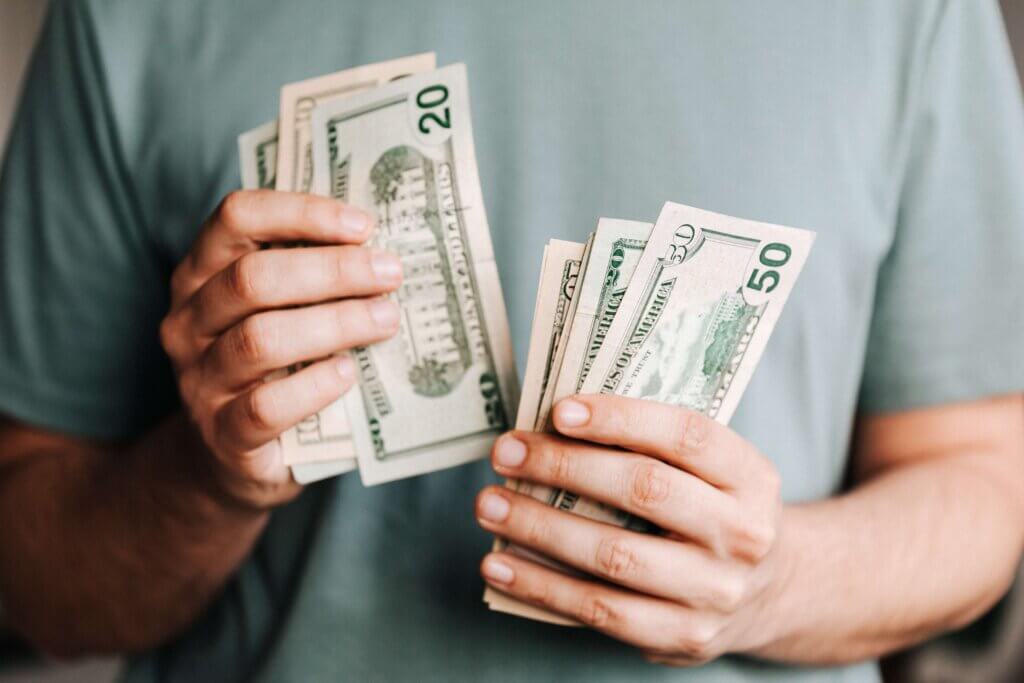
Avoid Price Increases
Instead of paying the power company, you pay a developer, or you pay on your lease every month. Depending on the contract you sign, there could be price escalators or other clauses leeching for those precious dollars you thought you would save with a solar system.
As we discuss in Are Solar Panels Worth It?, the price of electricity has increased by more than 60% in the last 20 years. With how much the world relies on electricity now, it’s foolish to think it won’t continue for the next 20 years. Whoever is leasing or hasn’t gotten into solar power at all will be bound to whoever owns their power.
So, What are the Actual Numbers?
At Blue Raven Solar, we are determined to provide you with the clearest picture of your potential savings. We don’t want to give you the runaround. The fact is leasing denies you so many of the benefits you could gain. We can help you navigate the process from start to finish. Let’s summarize what we have addressed so far:
- PPAs let someone install their own design on your house and charge you their own prices for your power. With solar panels, you save money IF they are charging you less than your power bill used to be. And they are the ones who benefit from the tax deductions.
- Leasing Agreements let you rent a company’s solar system. Solar saves money IF their leasing agreement is a cheaper alternative. And, again, they benefit from the tax deductions.
- Owning lets you have a say in your solar system, your money goes towards paying off the system, and depending on your situation, it might be ALL you pay. Soon as you pay it off, you have a consistent, low power bill and are contributing to a greener environment.
If you’re considering owning solar panels and getting them installed, then let’s talk about what you’d be looking at.
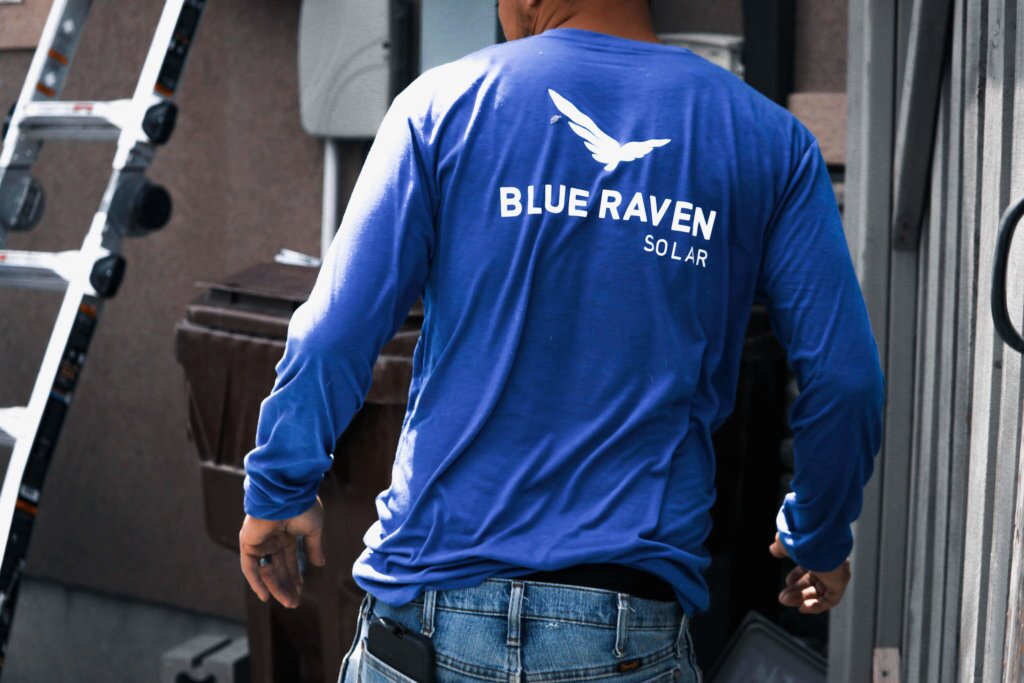
The Blue Raven Solar Process
Get a zero-commitment savings report from our solar specialists by submitting your contact information and answering a few short questions about your energy use
Once you take the next step, we will send a site surveyor out to your house to assess your unique situation and design a solar system to maximize your sunlight exposure. We will have you answer some additional questions about your financial situation and present available financing options. If we don’t think it’s a good idea for you to go solar, we will communicate each option with you.
From there, our in-house design specialists will create an optimal solar panel layout of your system. We will help you with all the necessary local government permits, and work on getting your system installed.
The process from decision to installation usually takes 2 to 8 weeks. Once installed, it comes down to one more municipal evaluation. If the government approves of the installation, we flip the switch, and you are producing electricity from the sun.
We will be with you every step of the way and can offer insight and guidance. Because there is a variety of factors to determine your savings, it is hard to know exactly how much money you will save. Here, at Blue Raven Solar, we make sure you save. You can start saving whether it is saving on monthly bills, saving on reduced federal income taxes, or saving the environment, you can start saving today!



Sorry, the comment form is closed at this time.